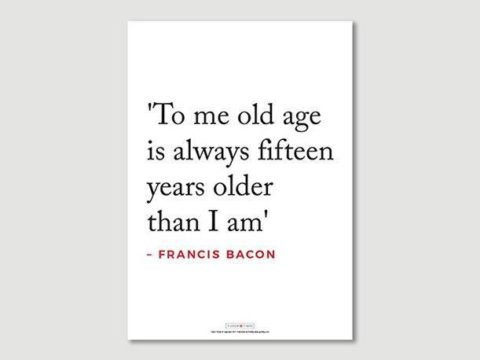The Mischief-Maker
James IV: Using Perkin Warbeck to Embarrass Henry VII
Chapter 4 : A Thorn in England’s Side
The advantages to Perkin went beyond Margaret. Her step-daughter was married to Maximilian, who became Holy Roman Emperor the following year. Perkin attended the funeral of Maximilian's father as an honoured guest, much to the disgust of Henry VII. The imposter's prominence gave heart to Yorkists at home, not just in Europe, and Henry was soon facing treason in his own household, from no less a man that Sir William Stanley, his step-father's brother. This he dealt with and attempted to reinforce his position and title further by investing the three year-old Prince Henry with the title of Duke of York.

These were difficult times for Henry VII. In the summer of 1495, Maximilian and Margaret put together sufficient finance for Perkin to attempt an invasion of England. But this came to grief at Deal in Kent, when the locals routed Perkin's retainers. After this inglorious episode, which revealed that Perkin had no stomach for fighting, the money from his European backers ran out and he was forced to flee again to Ireland, where there was still unrest and opposition to Henry VII. But Perkin's cause seemed at least to have stumbled badly, if not be lost altogether, until the Irish lord Hugh O'Donnell, exploiting the long-standing links between Ireland and Scotland, persuaded James IV to give 'Prince Richard' his backing.
James had not done so without due consideration. A month before Perkin arrived at Stirling the king presided over an unusually large meeting of his council. Forty of Scotland's leading nobles and churchmen and the king's younger brother, the duke of Ross, attended this session.

The decision to offer succour to the wanderer was evidently not taken lightly. This is understandable, for it had major implications. At one stroke, James IV was showing that he could match the major powers of Europe, who had already flirted with Perkin to their own temporary advantage, and that he also intended to throw down the gauntlet to Henry VII by an act that was at least unfriendly and insulting and, at worse, threatening.
Not all Scottish nobles welcomed the prospect of war with England, which seemed the most likely outcome of harbouring someone who claimed Henry Tudor had no right to the English throne. Most, however, were willing, after due consideration, to uphold their king's gamble. By 1495, they were well aware of his abilities and charisma.
